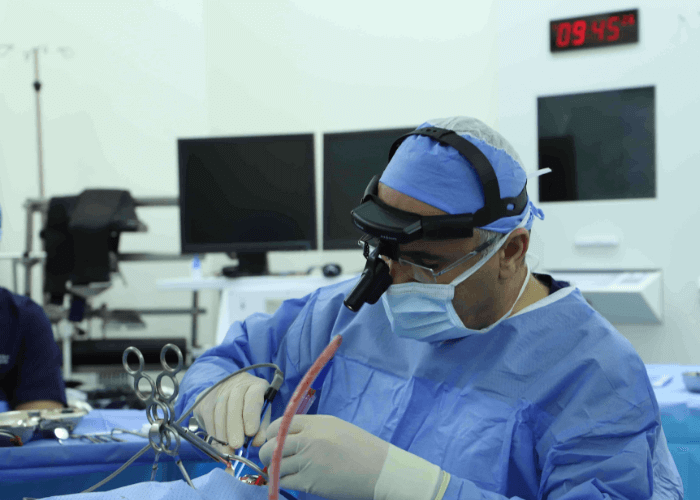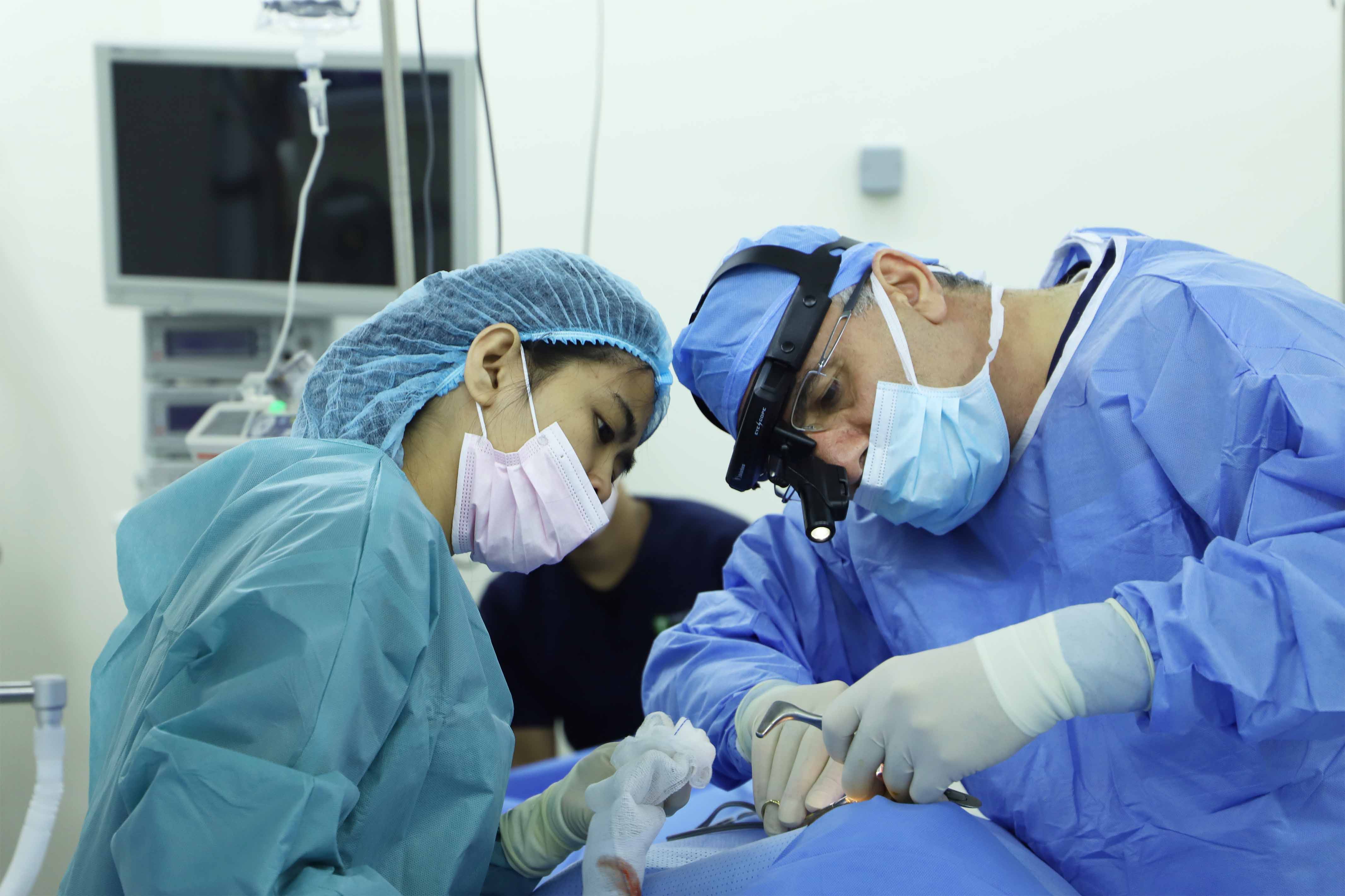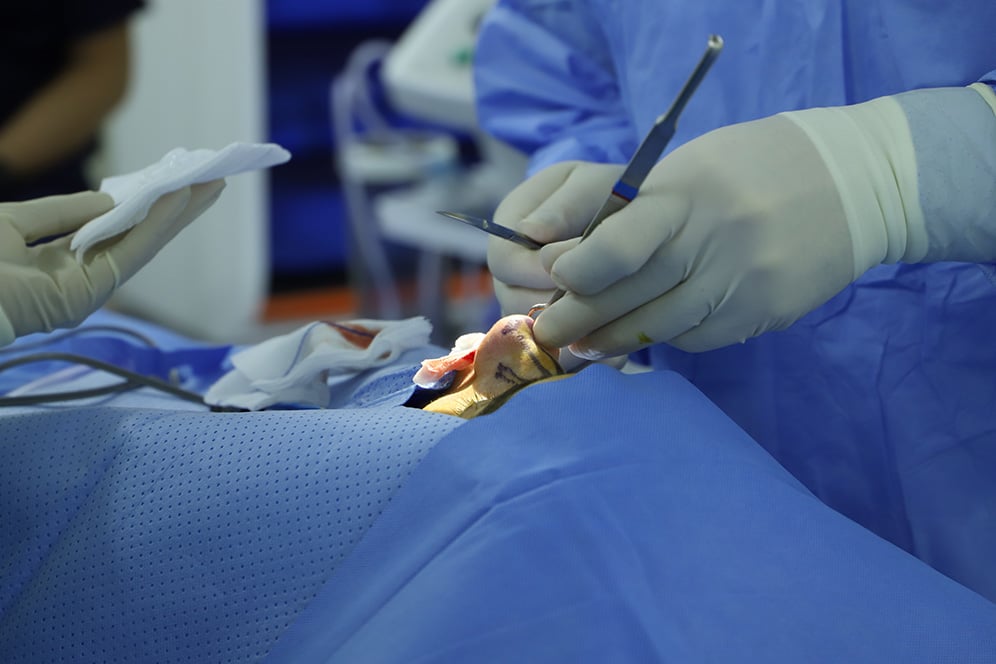Smell and Taste Disorders at DRHC Dubai ENT Clinic
Understanding Smell and Taste Disorders
Smell and taste are essential senses that enhance our daily experiences, from enjoying food to detecting dangers like smoke or spoiled food. Smell and taste disorders can significantly impact a person’s quality of life, leading to loss of appetite, weight changes, and emotional distress.
Common Symptoms of Smell and Taste Disorders
Patients experiencing sensory disturbances may report:
- Complete loss of smell (anosmia) or taste (ageusia)
- Reduced ability to smell (hyposmia) or taste (hypogeusia)
- Distorted smell (parosmia) or taste (dysgeusia)
- Persistent foul or metallic taste
- Difficulty distinguishing flavors
Causes of Smell and Taste Disorders
Several factors can contribute to these sensory impairments, including:
- Upper respiratory infections: Colds, flu, COVID-19, and sinus infections
- Nasal and sinus conditions: Allergies, nasal polyps, chronic sinusitis, and deviated septum
- Neurological disorders: Parkinson’s disease, Alzheimer’s disease, and multiple sclerosis
- Head injuries: Trauma affecting the olfactory nerve or brain regions responsible for taste and smell
- Aging: Natural decline in sensory function over time
- Exposure to chemicals: Smoking, air pollution, or toxic substances
- Medications: Certain antibiotics, antihistamines, or chemotherapy drugs
- Radiation therapy: Cancer treatments affecting the head and neck
Diagnosis of Smell and Taste Disorders
At DRHC Dubai, our specialists perform a thorough evaluation to determine the underlying cause of sensory dysfunction. Diagnostic methods include:
- Medical history review: Identifying potential causes, including past illnesses or medication use
- Olfactory testing: Using standardized smell identification tests
- Taste tests: Evaluating sensitivity to different taste stimuli
- Nasal endoscopy: Examining nasal passages for obstructions or inflammation
- MRI or CT scans: Imaging studies to assess brain and sinus health
Treatment Options for Smell and Taste Disorders
Treatment depends on the cause of the disorder and may include:
1. Medical Treatment
- Nasal corticosteroids to reduce inflammation in conditions like allergic rhinitis or sinusitis
- Antibiotics or antifungal medications for infections
- Medications for neurological conditions such as Parkinson’s disease
- Zinc and vitamin A supplements to support nerve function and sensory recovery
2. Surgical Treatment
- Polyp removal or sinus surgery to clear nasal obstructions
- Septoplasty to correct a deviated septum affecting airflow and olfactory function
3. Smell and Taste Training Therapy
- Olfactory training: Repeated exposure to specific scents to help retrain the sense of smell
- Taste rehabilitation: Guided exposure to different tastes and textures to enhance sensitivity
4. Lifestyle and Home Remedies
- Avoiding smoking and exposure to strong chemicals
- Practicing nasal hygiene with saline rinses
- Eating a diet rich in zinc, omega-3s, and antioxidants
- Enhancing food flavors with herbs, spices, and textures
Why Choose DRHC Dubai for Smell and Taste Disorder Treatment?
At DRHC Dubai, our team of ENT specialists, neurologists, and nutritionists works together to provide personalized treatment plans. We use advanced diagnostic tools and evidence-based therapies to help restore sensory function and improve quality of life.
Click here for ENT surgical packages
.png?width=281&height=59&name=bookanappointment%20(1).png)
Dubai ENT clinic—If you are looking for an ENT specialist in Dubai, DRHC provides experienced and leading ENT doctors for healthy treatment. To book an appointment, please call +97142798200 today!




.png?width=281&height=59&name=bookanappointment%20(1).png)
.jpg?width=1080&height=1080&name=DR%20HATEM%20(1).jpg)



